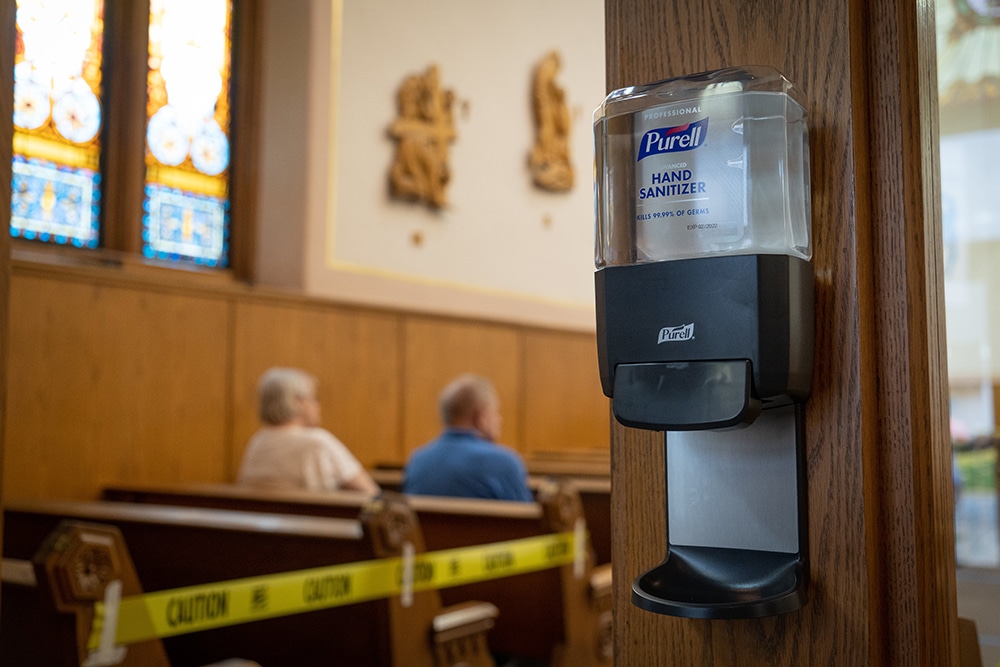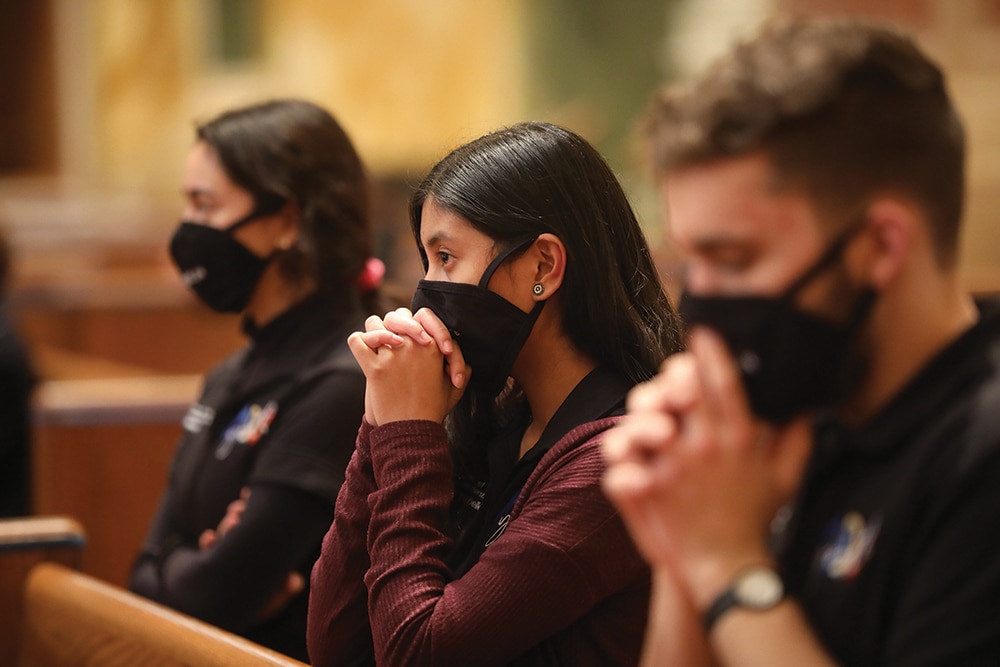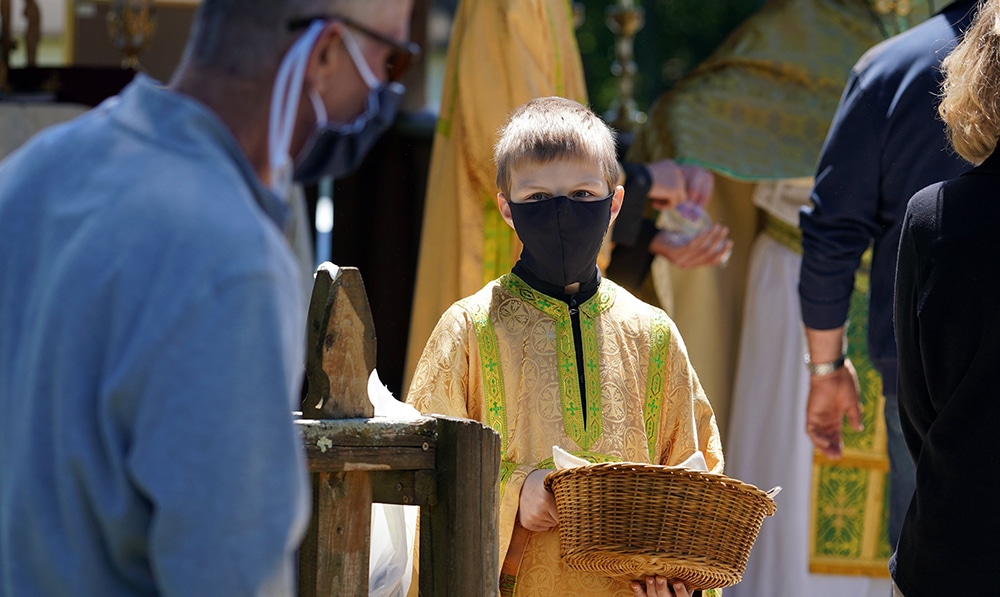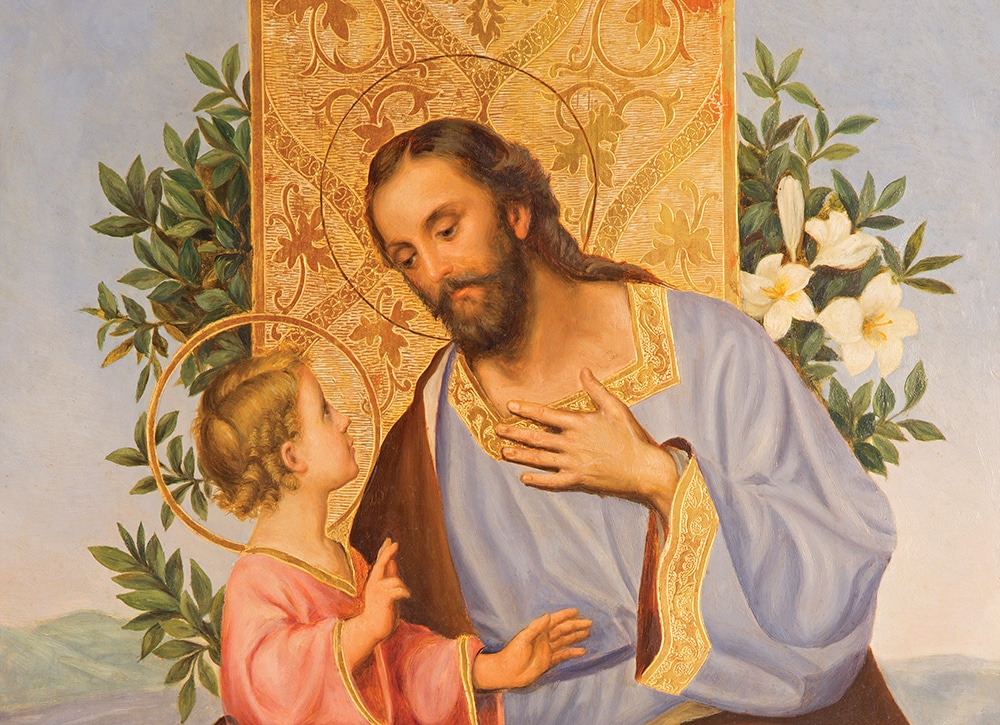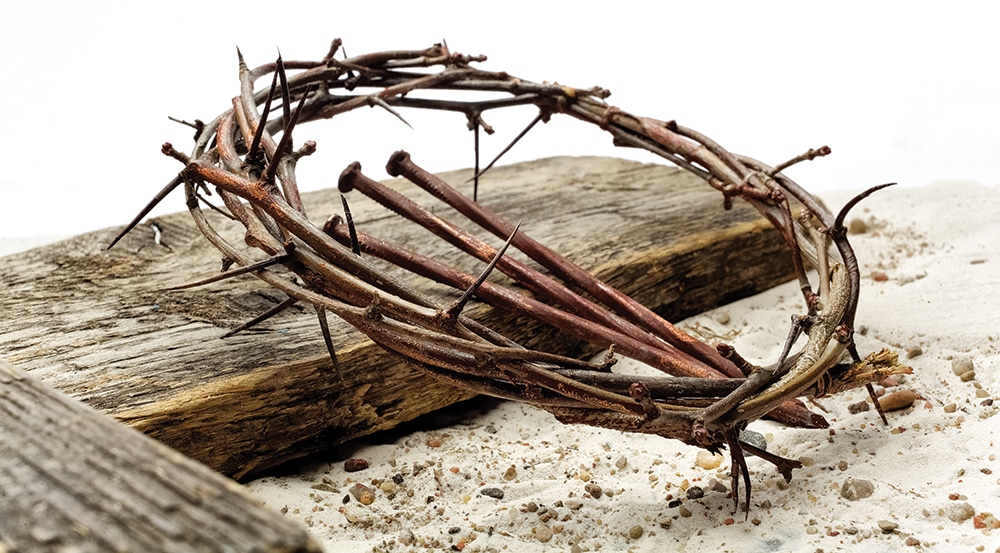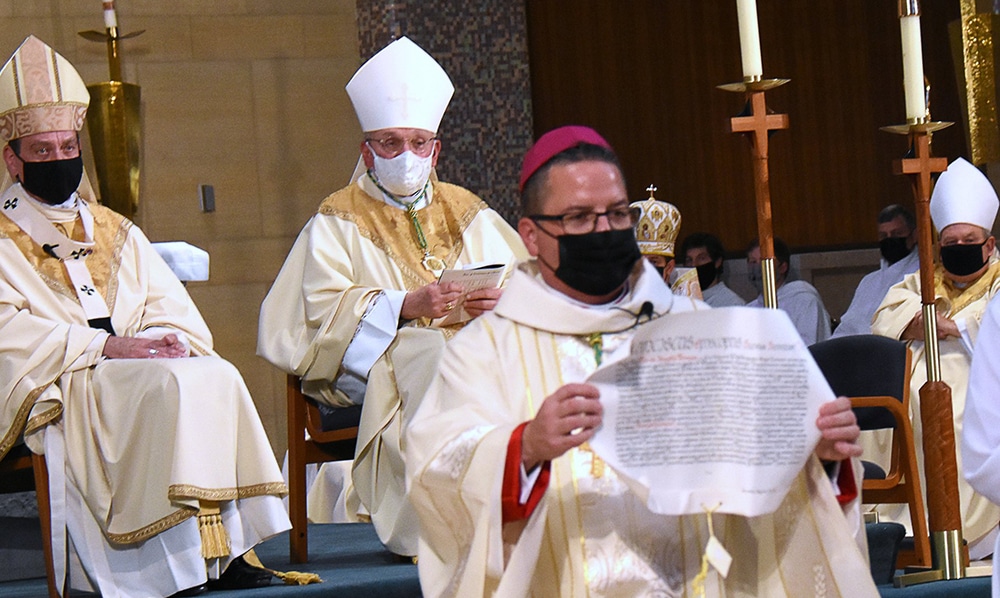COVID-19 changed the way more than 7 billion people live their lives. It has influenced global human activity more than any disease in our lifetimes. While other infectious diseases (diarrhea, tuberculosis, HIV, malaria, hepatitis C and seasonal influenza) cause over 5 million deaths annually, they do so primarily in poorer areas of the world. The 2.4 million documented deaths from COVID-19 reflect the susceptibility of the entire human population that distinguishes COVID-19 from those other infectious diseases.
We have learned that public Mass with reception of the Eucharist is essential to Catholic life — and that it can be done safely, even during a pandemic. We have also learned that many leaders consider religious worship superfluous and will act rapidly to shut down churches. Safeguarding our right to worship can no longer be assumed; we must stand up for it.
We have learned that “follow the science” is a necessary — but incomplete — admonition. Science alone can never drive public policy, because public policy requires that decisions be based on data interpreted through the lens of a community’s values. Religious practice is a value to a huge swath of Americans, and ignoring that truth when making public policy decisions has caused distrust of medical experts and political leaders who shroud public policy advice in the guise of scientific facts.
Sadly, the national suspension of the Sunday obligation has caused millions of Catholics to exchange the habit of Sunday Mass attendance for the habit of Sunday Mass non-attendance. Decades of declining attendance dropped off the proverbial cliff such that an estimated 10% of Catholics now attend Mass each week. Perhaps maintaining the Sunday obligation while simultaneously educating the faithful regarding exceptions for physical health reasons would serve the Church better in a future pandemic.
Read more from our COVID-19 one year anniversary special section here.
Through some relatively minor sacrifices — masks, distancing and hand sanitizer — we are able to worship and receive the sacraments safely. Because of such practices, America has seen seasonal cases of influenza plummet nearly 99% between early 2020 and 2021.
What post-pandemic practices might continue in churches that would preserve such public health benefits — especially protection of the oldest among us — without impeding religious practice?
According to the General Instruction of the Roman Missal, the sign of peace may be performed in various ways determined by each bishops’ conference. Less (or no) physical contact during the sign of peace would reduce various infections. Less common reception of Communion from the cup — especially during cold and flu season — likewise would reduce certain communicable diseases, as would placement and use of hand sanitizer at the entrances of churches.
Read our editorial on the year of the pandemic here.
We have learned that testing or production of all currently available COVID vaccines depends on cells descended from aborted fetal cells. Yet, the fastest and safest way out of the pandemic runs through vaccination. The Vatican and the U.S. bishops have had to educate us on the morality of receiving these vaccines and the need to raise our voices together for ethical production of future vaccines.
As physicians and nurses, we’ve had to reevaluate our habit of working through our own illnesses, so churchgoers might consider staying home from Mass when ill. At the same time, parishes could determine how best to provide acutely ill parishioners and those with significant underlying health conditions easier access to the Eucharist at home.
The pandemic has forced us to evaluate risks and realize that nothing is absolutely safe. Perhaps the key lesson learned by the Church over the past year is that in future pandemics, we must not ask, “How long must we suspend public Masses?” but, “How can we continue celebrating public Masses safely?”
Thomas W. McGovern, MD, practices Mohs surgery and facial reconstruction in Fort Wayne, Indiana. He worked for two years at the US Army Medical Research Institute of Infectious Disease before his dermatology training and serves on the national board of the Catholic Medical Association.

